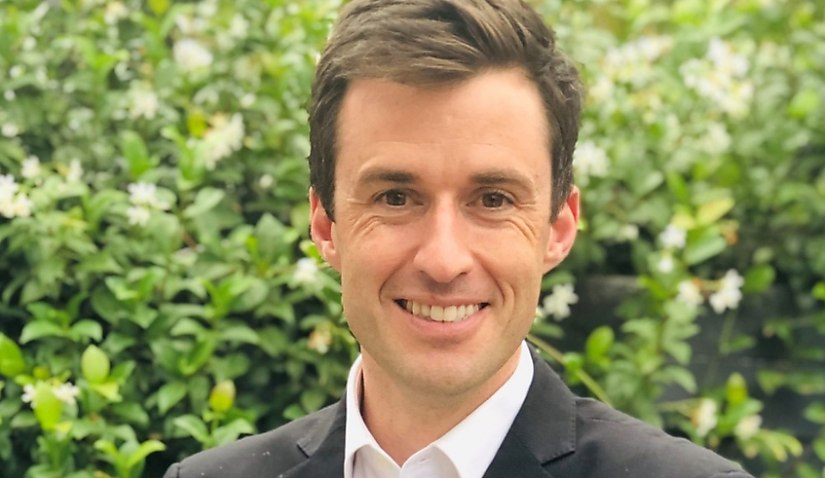Let’s end some wars
Like most real wars, the war on drugs is totally counterproductive. Yet, it’s also unique in its idiocy, writes Dr Matt Bach.

Perhaps because the idiotic, counterproductive, and oftentimes illegal war on terror towered over the most important time in my academic development, I’ve always hated the martial rhetoric populist politicians love to employ.
In recent weeks, here in the UK, politicians and pundits have been hyperventilating over the war on woke, war on women (which, in the British context, is apparently being fought by the massed legions of trans women who need a pee, I think), and war on motorists. As I don’t own a car, I presume I’m part of the problem. Soz.
For the first time in rather a while, the world’s focus has turned to actual wars: in Ukraine and Gaza. There are stacks of wars in Africa. Yet, based on the almost total lack of media coverage, no one cares about them.
In the context of these real wars, may I suggest we do an audit of the many confected “wars” politicians are currently waging to see which we can end. First on my list is the quintessential forever war: the war on drugs.
Look, I’m not into drugs. I smoked cannabis once or twice in my younger days but didn’t like it. Nonetheless, as a liberal, I find it hard to get worked up about what other adults may choose to put in their mouths.
If the nice couple down the road want to sit on their porch at the end of the day and enjoy a spliff, good luck to them, I say. This, of course, is far from Britain’s approach or Australia’s. Both prefer the criminal route, even though everyone knows it’s an unmitigated failure.
Criminalising adults for the possession and personal use of small amounts of drugs creates an unregulated black market, enriches organised crime, and ultimately means huge numbers of the most vulnerable end up behind bars.
This was a key finding of Victoria’s upper house inquiry into homelessness back in 2021, of which I was a member. The government thought this was such a pressing issue that it took a full three years to respond. And then, with not much: certainly not a commitment to end the war.
What a war on drugs doesn’t do is decrease drug use or keep people safe. Evidence garnered from jurisdictions with more enlightened policies, like Canada and Portugal, makes this crystal clear.
It may not fit the neat tabloid narrative, but most people who take drugs are not dependent upon them and cause no harm to others. Of course, a tiny minority of those who use drugs do so problematically and in ways that are linked to other offending behaviours.
For these people, who almost always experience a range of comorbidities like mental ill health and trauma related to family violence, a criminal justice response is particularly harmful. It ruins their lives while making the community less safe: killer combo!
That’s because incarceration, of course, does not reform people – quite the opposite.
Drugs have a serious and negative impact on developing brains: they must remain out of the hands of children. And drug use in adults is also linked to a whole series of adverse outcomes. It’s just that current policy settings make these outcomes more likely, not less, and exacerbate them for good measure.
Like most real wars, the war on drugs is totally counterproductive. Yet, it’s also unique in its idiocy. Even in the war on terror, America and its allies eventually declared victory – albeit a pyrrhic one. In this war, the drugs won decades ago.
It’s over. Let’s sign the best armistice deal we can – one that gives drug users a health response, not a criminal one – and finally cease hostilities.
Dr Matt Bach is the former shadow attorney-general of Victoria.





